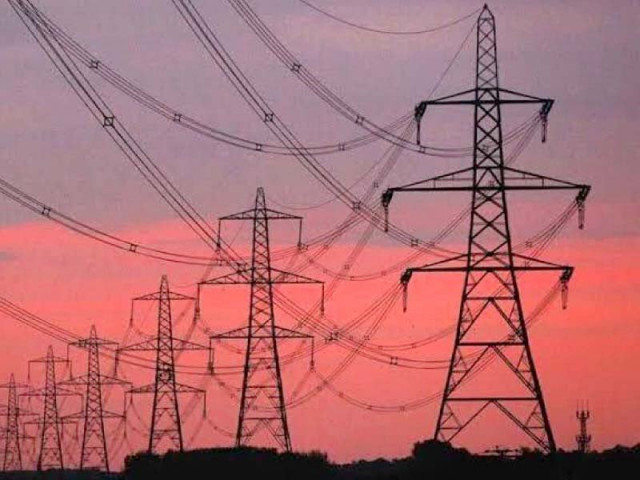NEPRA rejects lower tariffs for solar units
Regulator considered proposal to reduce tariff for net metering users to Rs9 per unit

The National Electric Power Regulatory Authority (Nepra) has turned down a plan to reduce power tariff for the excess units generated by rooftop solar power producers.
It had considered a plan to reduce tariff for the net metering users to Rs9 per unit from Rs19.32 per unit.
Power distribution companies (DISCOs) buy excess electricity from those generating energy through solar at Rs19.32 per unit. However, DISCOs wanted a reduction in the price to Rs9 per unit.
It is ironic that DISCOs have itself been selling electricity to the consumers at around Rs30 per unit.
They want to buy excess electricity under the net metering system at lower rates from those domestic consumers who have installed solar systems on their roofs.
In a decision issued on Monday, the power-sector regulator said that the net metering users would continue selling additional electricity to DISCOs at Rs19.32 per unit.
Nepra gave its decision on a proposed amendment to the Nepra (Alternative and Renewable Energy) Distributed Generation and Net Metering Regulations 2015.
It had sought feedback from stakeholders and the public to amend the regulations.
The regulator also held a public hearing on the amendment considering the comments received from various stakeholders and media reports.
It said that the authority carefully considered the stakeholders’ submissions made during the hearing and in writing and carefully reviewed the government’s vision for the inclusion of affordable and clean renewable energy in the system.
Nepra pointed out that the economic benefits of net metering were also highlighted by the stakeholders during the hearing.
“In view of the above discussion, the authority has decided not to amend the existing Nepra (Alternative and Renewable Energy) Distributed Generation and Net Metering Regulations 2015,” the regulator said in a statement, adding that the net metering users would continue to sell additional electricity to DISCOs at Rs19.32 per unit.
It emphasised that net metering would be further promoted in the country.
The demand to cut power tariff for the net metering users, who wanted to export excess electricity to DISCOs, came at a time when the coalition government had planned to inject 10,000 megawatts of electricity through solar into the national grid.
The government has planned to inject cheaper electricity into the system due to higher electricity rates in the country. It has approved a plan to increase electricity rates further in the coming days.
The solar industry had strongly opposed the move at a time when several solar rooftop projects were in the pipeline.
During a public hearing conducted by the regulator earlier, the solar power industry said that it would discourage the installation of rooftop solar panels. In total, there are 20,700 rooftop solar power generators in Pakistan.
However, Nepra clarified that they would not strive to become a money-making venture.
Nepra Chairman Tauseef H Farooqi made the remarks while chairing a public hearing on the proposed amendment to the Nepra (Alternative and Renewable Energy) Distributed Generation and Net Metering Regulations 2015.
The regulator further said that they did not want to discourage electricity production through solar sources.
On December 20, 2017, Nepra brought the first amendments to those rules by issuing SRO 1261 (J)/2017 in which the term of the agreement between the distributed generator and a distribution company was increased from three to seven years.
In Regulation 14, a sub-regulation (5) was inserted, stating that “the Authority may determine the tariff payable by the Distribution Company to the Distributed Generator from time to time; provided, however, the tariff once awarded to a Distributed Generator shall remain valid for a term of the Agreement/Licence”.
Published in The Express Tribune, February 14th, 2023.
Like Business on Facebook, follow @TribuneBiz on Twitter to stay informed and join in the conversation.


















COMMENTS
Comments are moderated and generally will be posted if they are on-topic and not abusive.
For more information, please see our Comments FAQ